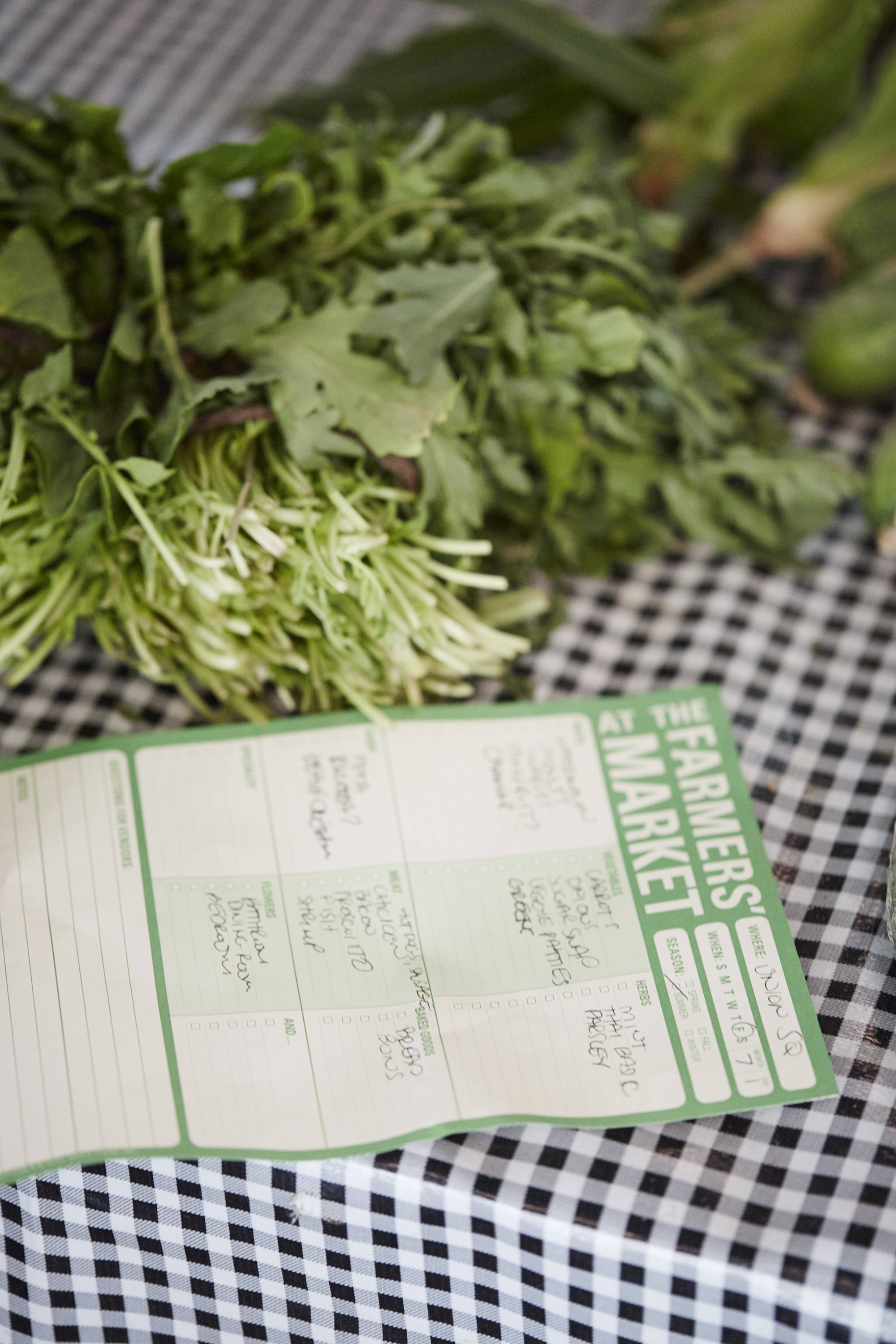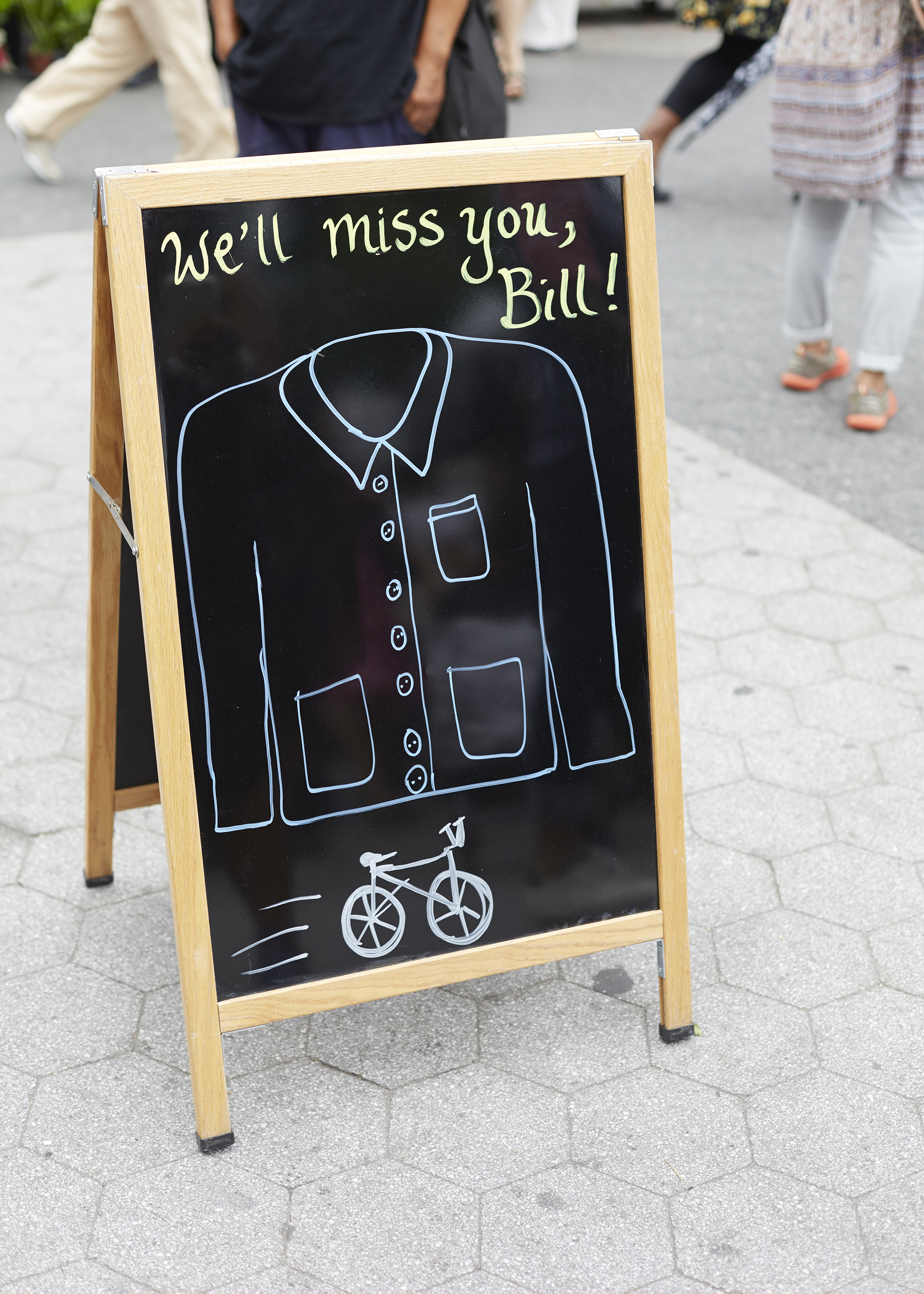WORDS: Yahdon Israel PHOTOGRAPHY: Julien Roubinet
There’s an oft-quoted truism by Maya Angelou where she says: “People will forget what you said, people will forget what you did, but people will never forget how you made them feel.” And there is arguably no better feeling than being full. To be full is to be satisfied. To be satisfied is to feel yourself in harmony with everything around you—the food, the drink, the conversation pin balling around the table, eventually making its way to you. Most of all you find yourself in harmony with the person who made this all possible: the cook. You may not always remember who they are, how to pronounce the dish you ate, or the technique used to cut your vegetables, but you always remember how the food tasted.
Food is a feeling. A matter of the heart. And If there’s any one ingredient Southern cook Nicole A. Taylor, author of The Up South Cook Book, has relied on most in her 10 plus years as a cook, it is her heart. It’s how she was able to learn just from watching her mother, aunts and cousins how to make her first dish, Southern Fried Corn, from scratch at eleven. As the only child in a house full of adults there was little to no patience for a kid who needed constant direction. It became necessary for Nicole to develop a language of trust within herself to know that mistakes are a natural benchmark to discovery. This wasn’t something she saw right away but as she began trusting herself and her process more, cooking became something she could eventually do with her eyes closed. A testament to her command in the kitchen, her confidence as a cook, and her faith in herself.
I first met up with Nicole at Hungry Ghost, a coffee shop in Fort Greene; then on another occasion at The Union Square Farmer’s Market, where she talked about who first taught her to poach an egg, why she has eight years’ worth of Moleskines in storage, and why everyone should master at least two dishes.
What was the first thing you remember making?
The first thing I made was a southern specialty. Fried Corn. Some people would call it cream corn.You grab fresh corn cobs, take a knife and shuck the kernels from the cob. Then you put hot oil in the skillet. In the south we use fat back or some sort of pork fat.
I was probably in the fifth or sixth grade. I would get in trouble for making food. I would bake a cake, and the family would get upset. But that’s because I wasn’t supposed to use the oven by myself. I’m an only child. I grew up in a house with my two aunts and uncle. And none of them had kids. I was the only kid around so they finally were like, “Just let her do it.”
My mom always worked while I was a teenager. So she would leave notes on the refrigerator saying, "Cook this for dinner.”
What is your process when it comes to cooking?
I can be type-A when it comes to cooking. I’m a moleskine fanatic. I have a box of moleskins in storage that are filled to the brim because I plan out my meals. On Sunday I sit down and write what I’m going to cook for the week. I have about eight years' worth of moleskines.
I always cook seasonally, which means only I eat what’s growing during a particular season. That’s how my folks in the South ate. Then I write this grocery list of things I need to buy. Some of those may be at the farmer’s market. Fort Greene, Grand Army Plaza, or if I’m in the city I go to Union Square.
That’s my first step: planning. And I say that to anyone who wants to start cooking: planning is the key. But I don’t always go by my plans. I may riff a little a bit.
Part two of the process is just getting in the freakin’ kitchen. I need a clean kitchen before I start cooking. If it’s summer time I’m trying to do everything possible not to turn the stove on. Or if I want to bake something I try to do it at night.
I have a very big cookbook collection—a few hundred—but I use probably 5 faithfully: The Homemade Pantry by Alana Chernila, Rum Drinks by Jessica B. Harris, Vegetarian Cooking for Everyone by Deborah Madison, Joy of Cooking by Irma S. Rombauer, and The Gift of Southern Cooking by Edna Lewis and Scott Peacock.
Who are some of the people who inspired you to cook?
My mother for sure. She has a serious work ethic. For 30 plus years she worked at a poultry processing plant. Then she always had some random food part-time job. Always. My mom would literally work 15 hours; come home, decide to have an impromptu get together and feed about 10 people in what seemed like an hour’s time. It was always this great, simple food.
And my great aunt Bessie, who was like a grandmother to me. She was a domestic, who used to clean for white folks. The first person I saw poach an egg. She had a poached egg and Coca-Cola every single day. She made the best yeast rolls ever, and was a fabulous cook.
With this first dish did you get any help?
I learned how to cook by watching. I often joke that I grew up around stern kitchen managers. They didn’t have time to sit and teach you anything. They’d say, “Imma show you one time and that’s it.” So literally I would sit and watch. And then repeat it.
They didn’t write down anything. It was all about feel and taste with them. So I grew up having to measure with my eye.
Do you have a philosophy around making?
You should at least have one or two go-to things. One or two things that you can get in the kitchen, make, and impress people with. One or two things that if things get rough, you can make and it’ll make you feel better. Have one or two dishes that you could pull off flawlessly. That you could cook with your eyes closed.
What are your two things?
Roasted Chicken, and cornbread.
The other thing I encourage is getting in touch with food from the earth. At least one time in your life go to a farm. Pick the food out of the ground and go home and cook it. It changes your life. Truly. You’ll develop a deeper appreciation for the food. Go pick some blackberries, or strawberries. You’ll see it ain’t for the faint of heart.
Cooking is always about the mistakes. I personally learned about my cooking mistakes when my mother would make me eat the food I messed up by myself. So whenever I over-seasoned a new dish or neglected a pot, allowing the contents to burn, I had to eat it. That taught me to be more aware and vigilant about cooking. What has some of your mistakes in cooking taught you?
I make a lot of mistakes cooking all of the time. That’s how you create great dishes: by making mistakes. Thinking back to my cookbook process—I tested over 100 recipes for the book.
During the last phase of my book process, I had a great friend, who was my assistant, come in. We went through my moleskines, looking for notes because I wanted to do something around banana pudding. We screwed up a million different things but settled with on a cookie with a banana cream filling.
What have you learned about yourself through cooking?
When you are cooking for other people, it really doesn’t matter about the mistakes. They don’t know if you used butter or margarine at that moment. They just know how you made them feel and if the food was tasty. So you shouldn’t let your mistakes discourage you. Go with the flow.
What do you hope to leave behind with your cooking?
The Up South Cook Book is truly an ode to Athens. To my hometown. To my family. I hope that in itself leaves a legacy. When you open the book you see pictures of my grandparents, my aunts and uncles, everyone who helped shaped my food career. There’s more than just recipes in that cookbook. There are anecdotes and stories about what it means to be a woman growing up in the south during the late 70s and early 80s. And what it means to be a woman who migrated to the North during the early 2000s.
The legacy is being able to tell my story through food in a way that was understood, and continue to open doors for others to tell their stories similarly. The same way Edna Lewis did. The same way Jessica Harris does.
I’m proud to be a part of the club of cookbook authors that get a chance to share recipes as well as stories.
What was the last you made?
A veggie frittata. I made it because the greens were starting to look sad. I always have at least two cartons of eggs and I’m big on using all of my ingredients to its fullest potential. Let nothing go to waste.
About MakersFinders
MakersFinders is a social platform that helps people share and sell what they make and find what they love.
We have an app in private beta. We publish stories. We host events. And provide quarterly grants for our community of Makers and Finders.























